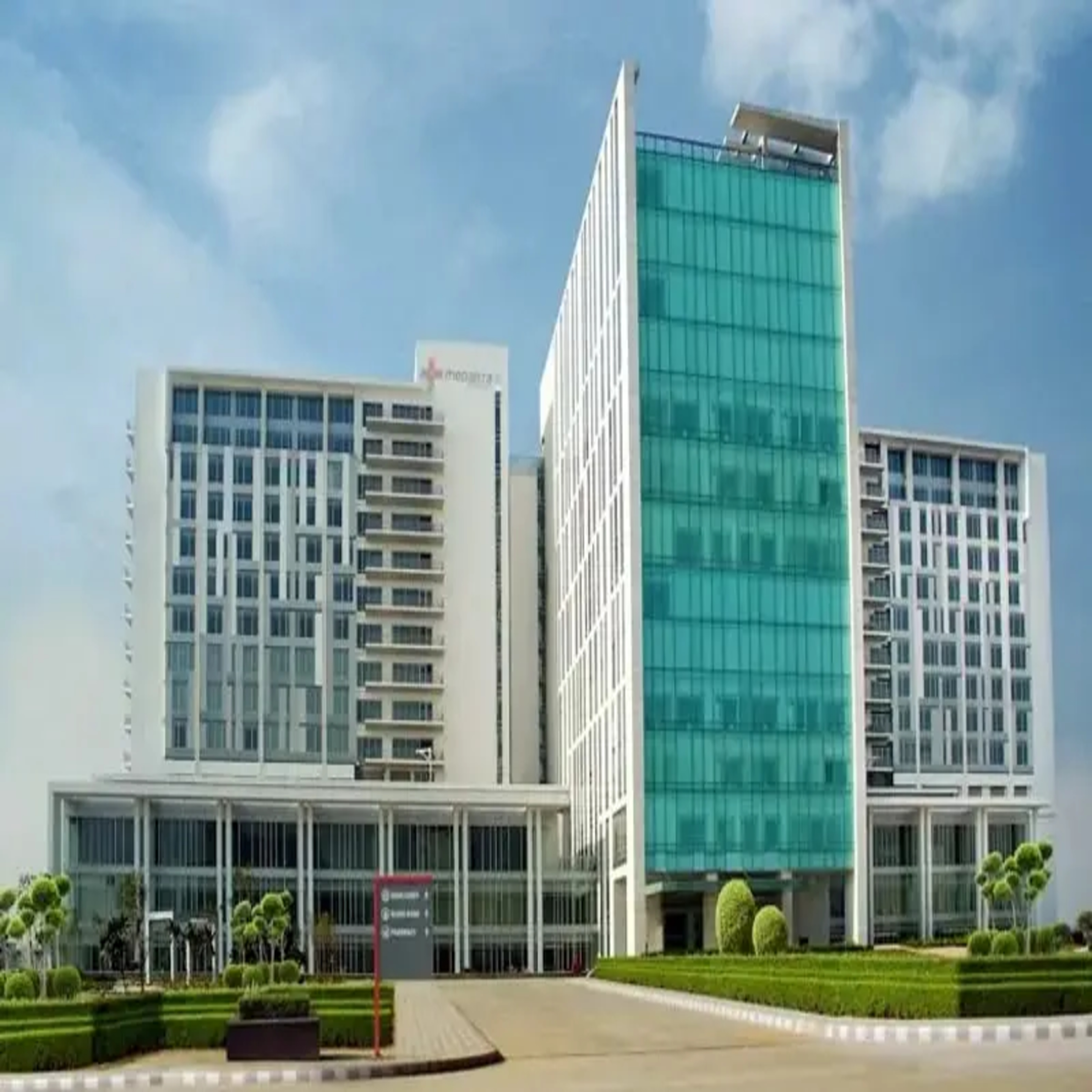Treatments
Heart Transplant
A heart transplant replaces a diseased heart with a donor heart, obtained after confirmation of brain death by multiple doctors. Eligibility is assessed for end-stage heart failure. Causes include myocardial infarction, myocarditis, and cardiomyopathies. Patients may require ventricular assist devices pre-surgery. Post-transplant care involves follow-ups, rejection monitoring, and immunosuppressants. Costs in India range from $35,000 to $57,000.
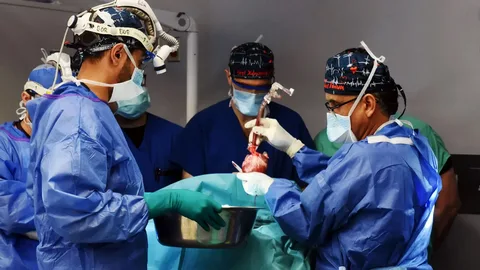
Heart Transplant Surgery Cost in India
Minimum Cost
$35000
Maximum Cost
$57000
Total Hospital Stays
3 weeks
Transparent Pricing for Better Healing.
We believe that great care starts with trust. That’s why we ensure complete transparency in our treatment pricing—no surprises, no hidden fees, just honest and clear costs for the care you deserve.
Get a free cost estimate
| Type of Heart Transplant | Treatment Cost In USD |
Orthotopic Heart Transplant Orthotopic Heart Transplant Cost in India It is a surgical procedure where a patient’s diseased heart is replaced with a healthy donor heart in the same anatomical position. | 38000 |
Heterotopic Heart Transplant Heterotopic Heart Transplant Cost in India It is a surgical procedure where the donor heart is connected to the patient’s existing heart, allowing both hearts to work together to improve cardiac function. | 40000 |
Combined Heart-Lung Transplant Combined Heart-Lung Transplant Cost in India It is a surgical procedure in which both the heart and lungs are replaced simultaneously with those from a single donor. | 52000 |
Frequently Asked Questions(FAQs)
The Heart Transplant Cost in India includes patient evaluation, surgeon fees, OT and anesthesia charges, routine medications, and hospital stay with meals. Exclusions cover hotel stay, transportation, extended hospital stays, post-operative care, blood products, complications management, treatment for other conditions, and complex investigations.
When carried out at a respectable medical facility by a skilled transplant team, heart transplantation is regarded as a safe and efficient treatment for end-stage cardiac disease.
Several factors contribute to India’s popularity as a heart transplant destination:
1. Highly Skilled Medical Professionals: India has a vast pool of experienced cardiologists, heart surgeons, and transplant experts trained at world-class medical institutes.
2. Advanced Facilities: Leading Indian hospitals use cutting-edge technology to ensure precise procedures and excellent post-operative care.
3. Affordable Treatment: When compared to other nations, heart transplant surgeries in India are more affordable, providing high-quality care at a lower cost.
4. Internationally accredited hospitals: Many Indian hospitals are internationally accredited, indicating that they satisfy worldwide standards for patient care and safety.
5. **Comprehensive Services:** From pre-surgery examinations to post-transplant care, including immunosuppressive medicine and follow-ups, India provides comprehensive services for heart transplant recipients.
6. Shorter Wait Times: India has a large supply of donor hearts and a strong organ transplant infrastructure, which reduces the wait period for heart transplants.
7. Multilingual and Multicultural Environment: International patients are comfortable with English-speaking healthcare providers and culturally sensitive treatments.
These qualities make India a popular destination for high-quality, low-cost heart transplant surgeries.
About 85–90% of patients who have a heart transplant survive the first year following surgery, indicating a high success rate. If patients adhere to appropriate medical care, routine check-ups, and immunosuppressive medicine to prevent rejection, long-term results are also encouraging, with many patients living for ten years or longer following the procedure.
Heart transplant recuperation takes 3 to 6 months. Patients spend 2-3 weeks in the hospital for monitoring and rehabilitation. At home, stringent medication, regular check-ups, and diagnostics such as biopsies are required. Most people can resume normal activities within three months, with full recovery taking six months, thanks to a healthy lifestyle and medical adherence.
Doctors for Heart Transplant in India
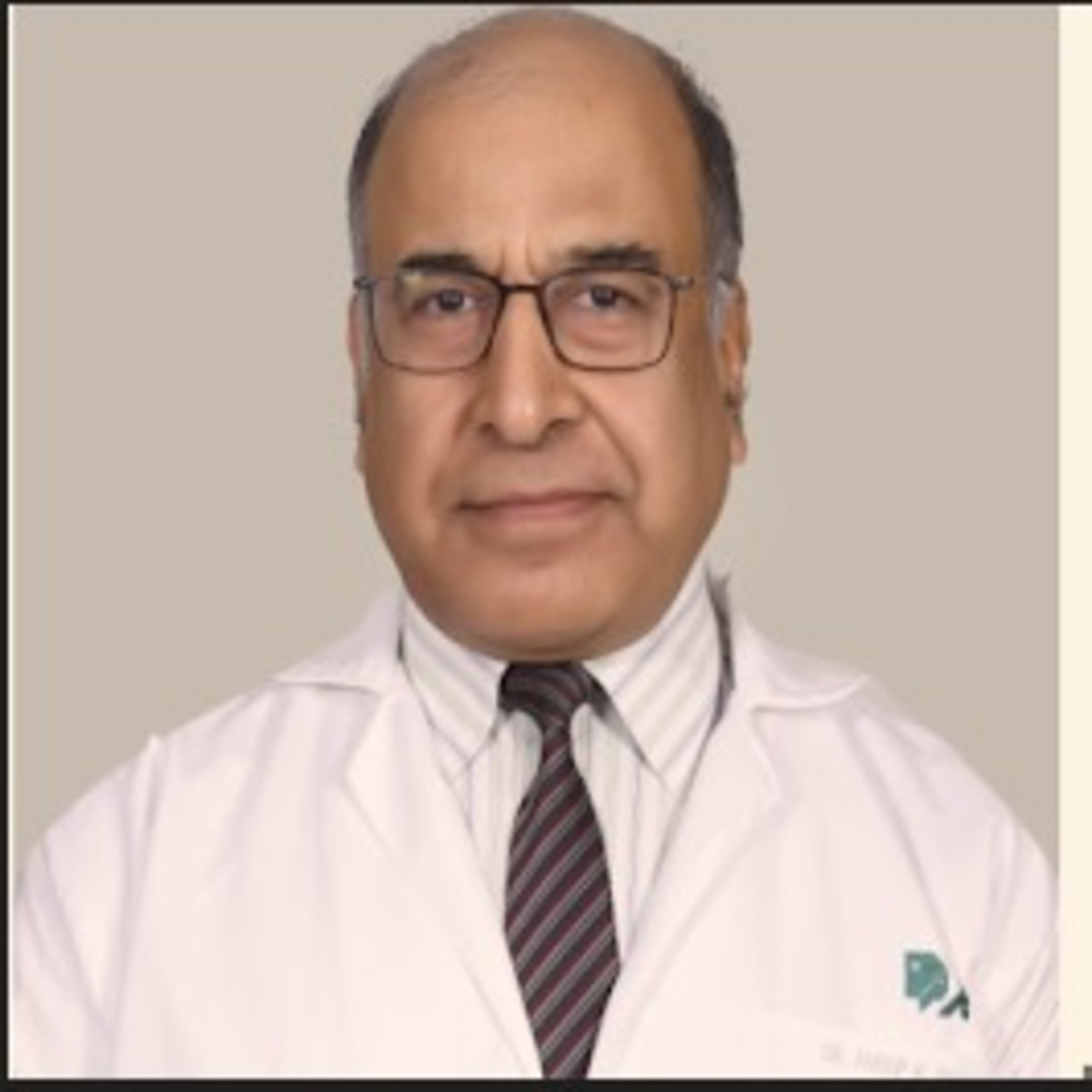
Dr. Anoop K Gaanjoo

Dr. Z.S. Meharwal

Dr. Yugal Kishore Mishra
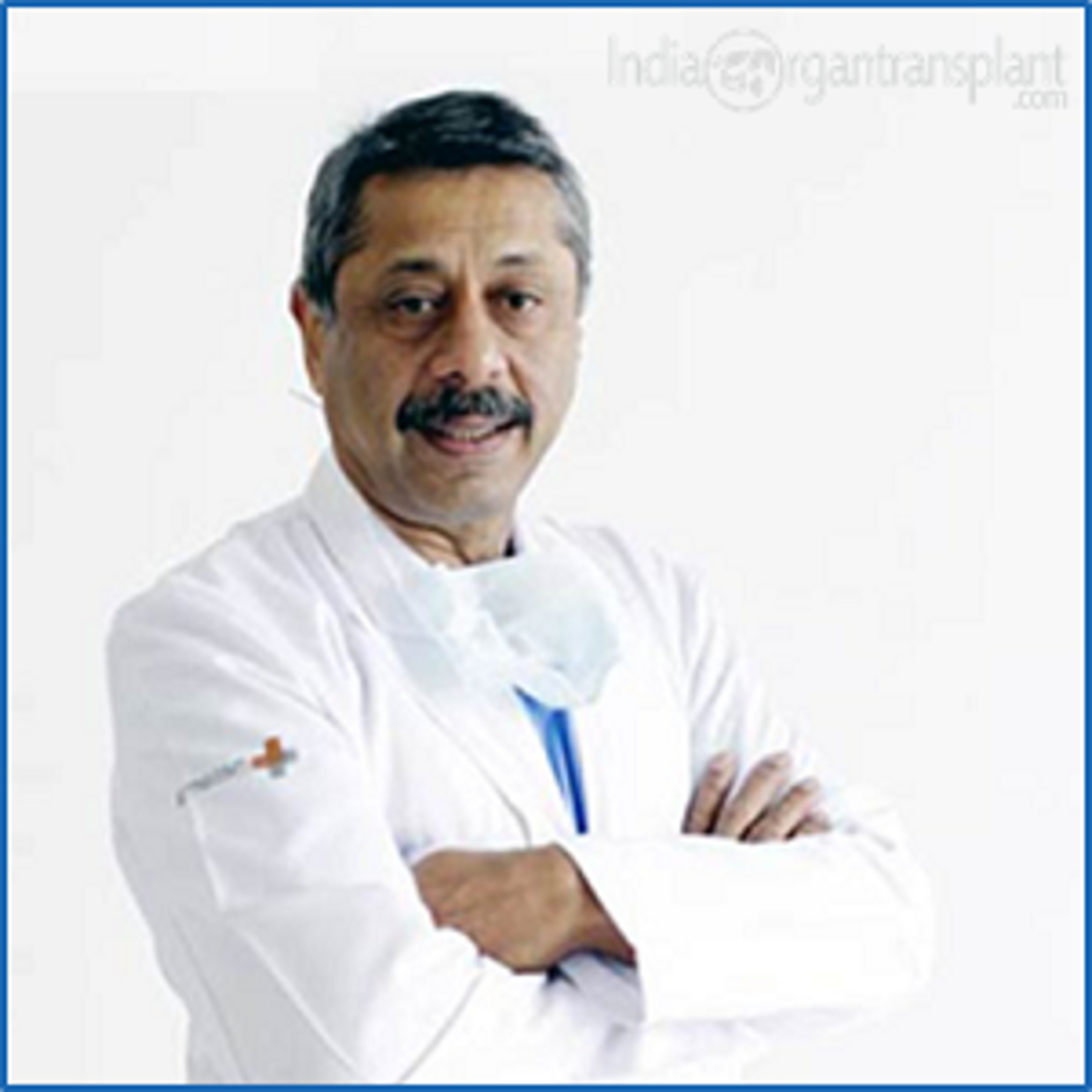
Dr.Naresh Trehan
Hospital for Heart Transplant in India
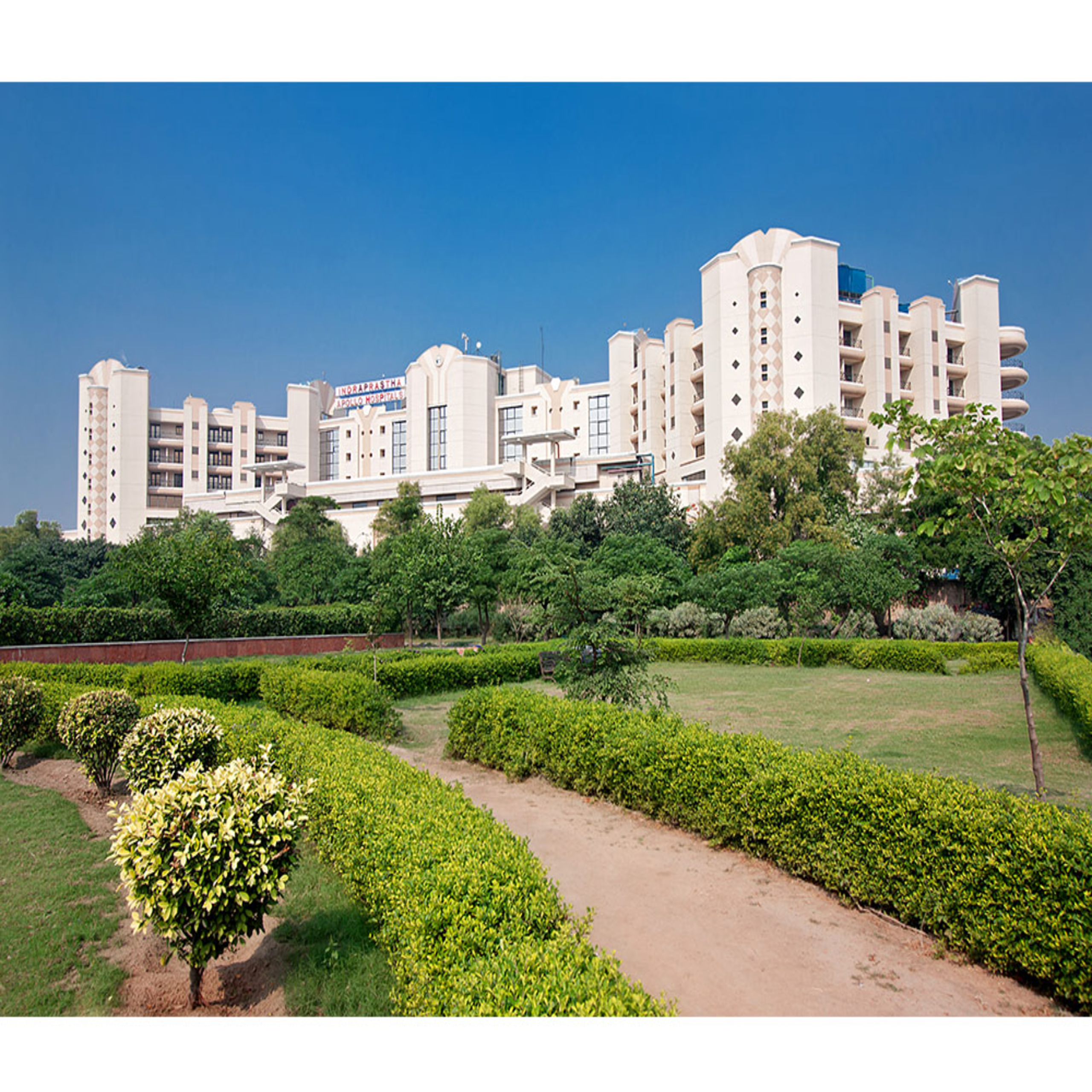
Indraprastha Apollo Hospital

Fortis Memorial Research Institute
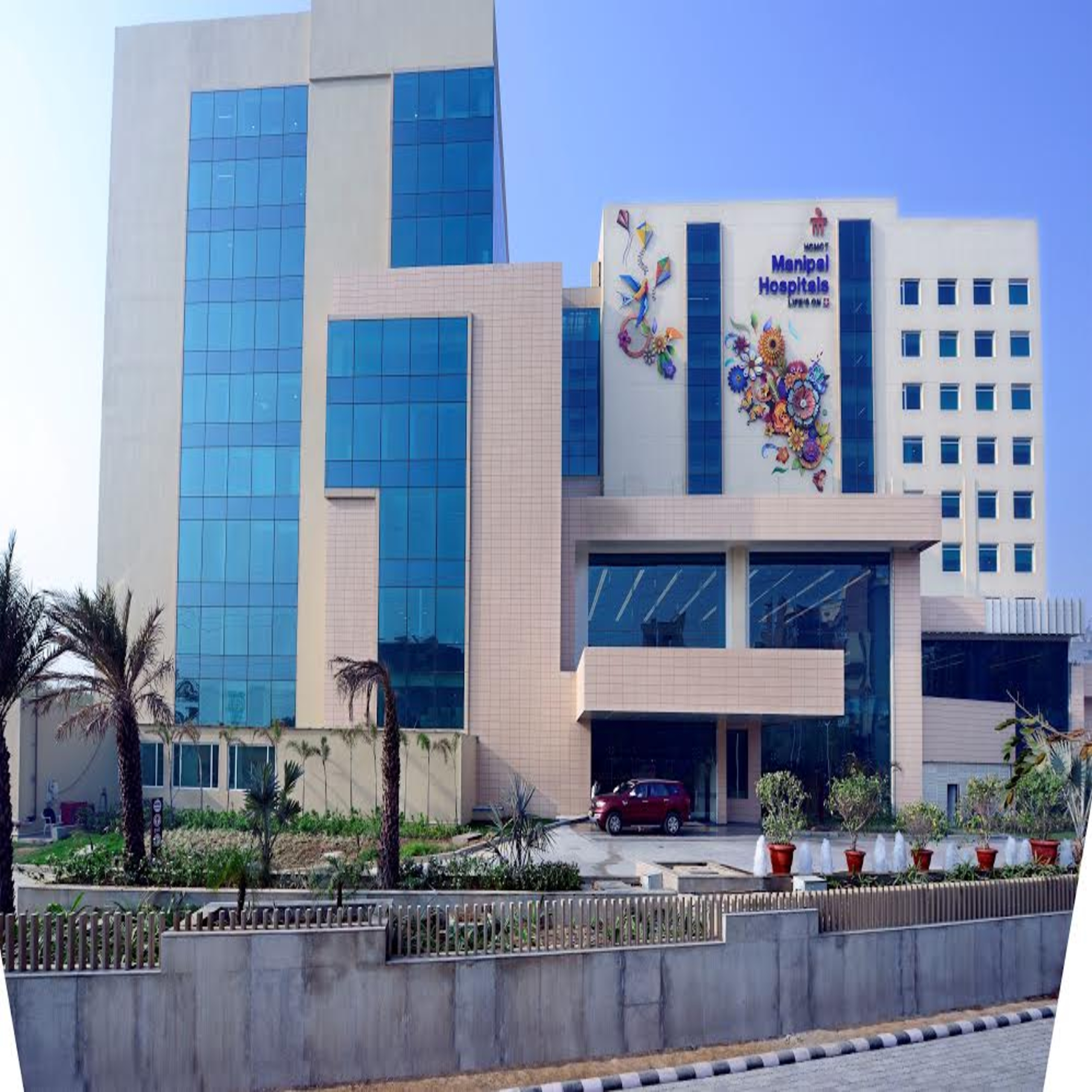
Manipal Hospital
